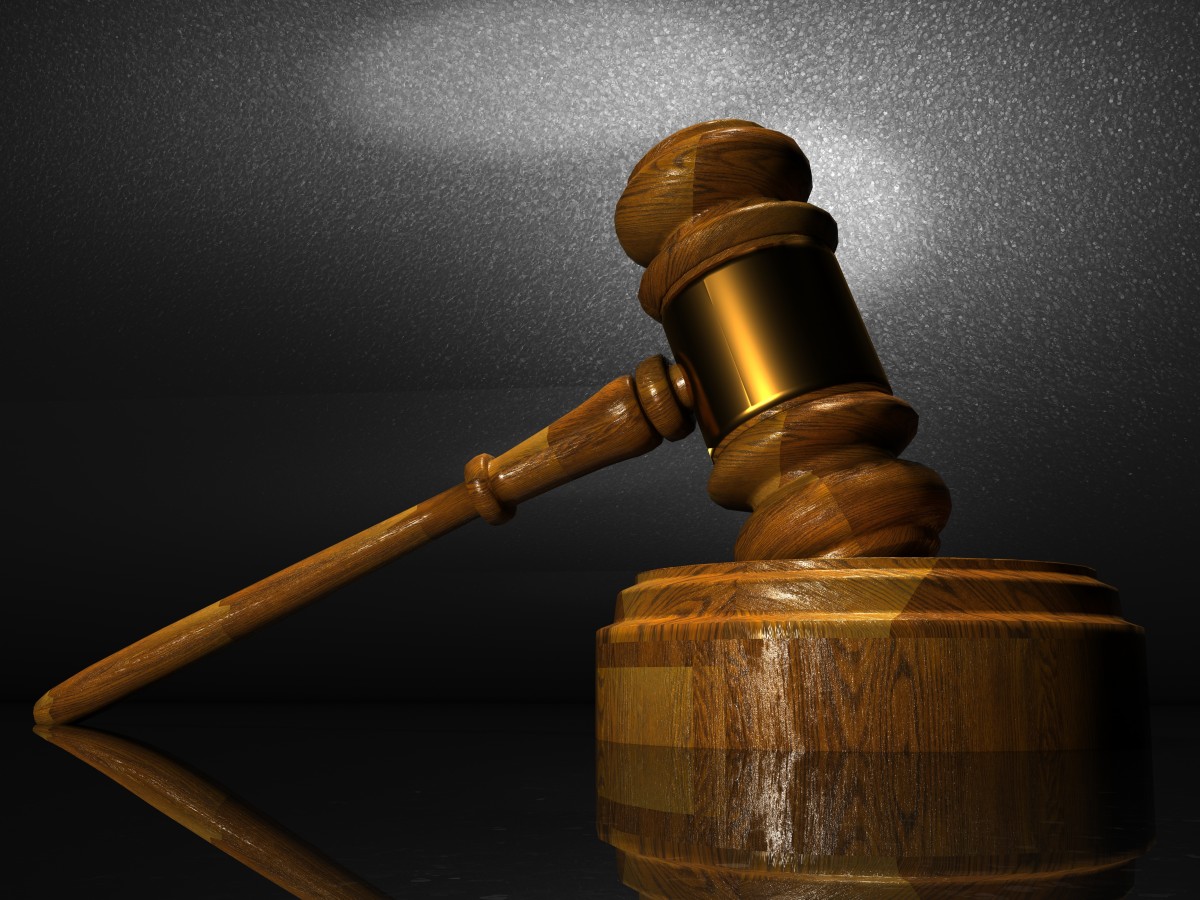Lawsuits involve a bit of procedural jockeying – substitution, consent to a magistrate judge, removal, picking a mediator.
In arbitration, everything is up for grabs. Parties choose the arbitrators, set discovery’s scope, decide the hearing rules, and even choose the form of decision. If the arbitration agreement is basic, parties can challenge the arbitration locale and controlling law.
Each decision point can substantially impact your case. A clear strategy from Day 1 is imperative.
Picking the Arbitrator. Take this seriously – a good arbitrator makes all the difference. Create a spreadsheet of the potential arbitrators, including their location, practice background, judicial and arbitration experience, age and billing rates. Solicit comments from within your firm, and colleagues in other cities where the candidates practice. Exclude the chaff, and rank the remaining top 10; then work with the client on a final ranking.
Arbitration Locale and Controlling Law. If not contractually specified, fight hard for your preferred locale and controlling law (one generally follows the other). Home field is great. An AAA panel will make the first decision, which the parties can challenge. Federal venue law generally applies. In a multi-state contract dispute where convenience factors are split, the key consideration can be the “great deference” to a plaintiff’s choice of a home forum. Piper Aircraft v. Reyno, 454 U.S. 235 (1981). This is critical: if your arbitration clause specifies no locale, be first to file.
Discovery Scope. Arbitrators look to the parties to set discovery’s scope – what rules, how many depositions, how to resolve disputes, etc. Agreeing to a set of rules, like Chapter 804 or the federal rules, is better than leaving the process undefined. Also make sure to have a single arbitrator resolve disputes, to ensure efficiency and minimize cost.
Motion Practice. Narrow the issues early. Arbitrators work for a fee, and will eagerly consider motions to dismiss, for partial summary judgment, or to limit the arbitration’s scope. Effective motion practice yields early settlement talks, and otherwise tailors the hearing.
Arbitration Hearings. Think carefully about the hearing you want. AAA rules give arbitrators wide latitude in conducting hearings – allowing video or written testimony, excluding evidence as cumulative, briefing discrete issues, or any creative lawyer’s other suggestion. Finally, always elect a reasoned award. Win or lose, it always helps to know the arbitrator’s rationale.






